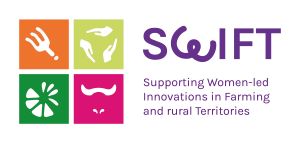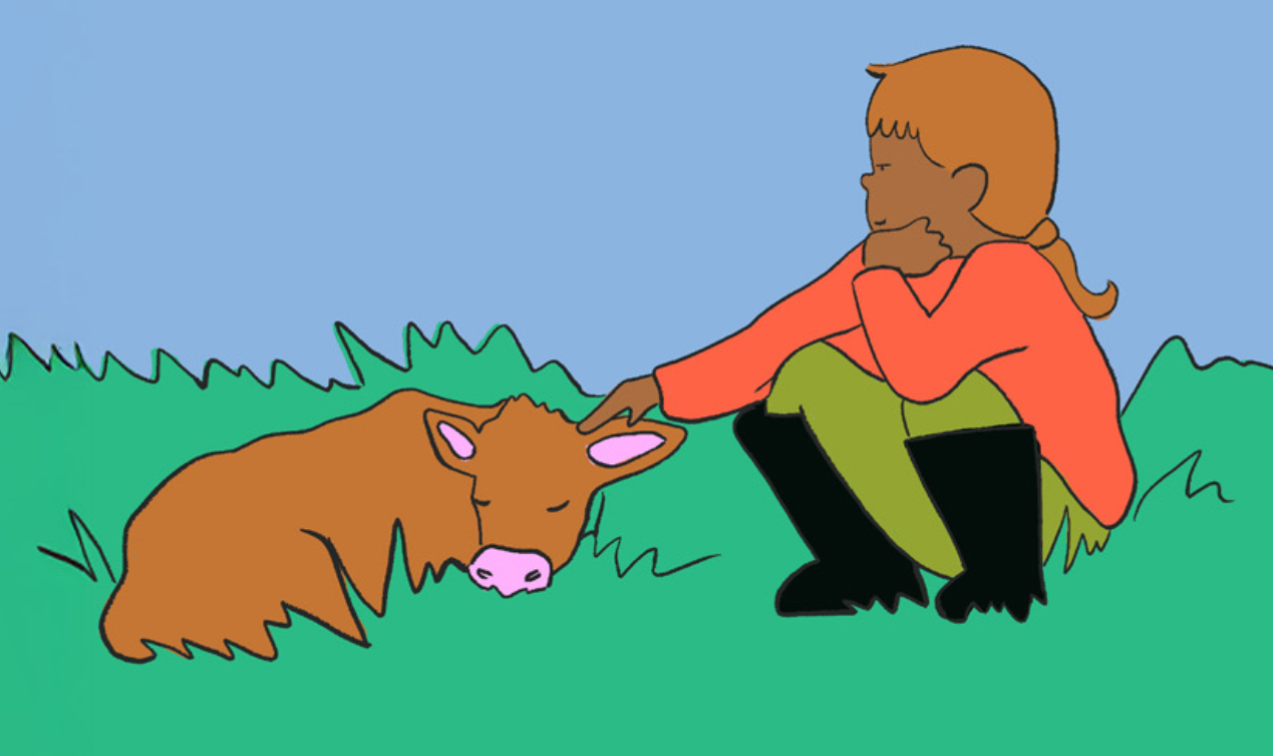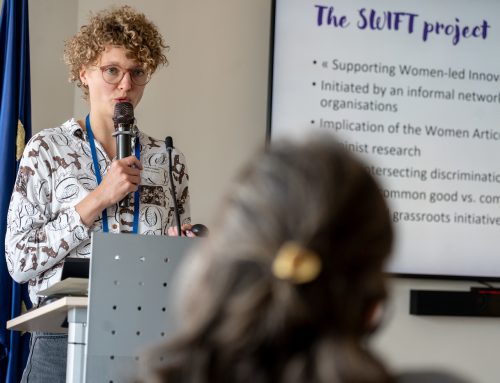A comic book that explores gender in European agriculture and the Common Agricultural Policy.
How can we explain the issue of gender in European agricultural policy in a visual and accessible way? To answer this question, the SWIFT Project is releasing today “Soil Sisters”, a comic book that takes readers on a journey through the experiences of women and gender-diverse people in rural areas — exploring the challenges they face in their daily lives, the solutions they create, and the structural changes needed in policymaking to transform the EU farming sector towards gender justice and equality.
What is it about?
The comic book illustrates the reality of three female farmers in Poland, Austria and Spain, as well as the difficulties they face because of their gender.
Gender norms, societal pressures and agricultural policies from the last century make the path of women farmers a complicated one. Why are there fewer women taking over farms than men? Why do fewer women attend agricultural training courses? How are feminist and peasant struggles linked? Through the portraits of these three women farmers, the comic book provides answers to these key questions for gender equality in the agricultural world.
Oxfam worked with artist Jeanne Saboureault, who co-wrote the script and illustrated the comic book. We based our work on discussions that took place during policy dialogues and on testimonies from women farmers.
The idea behind the SWIFT project is to enable women to speak out about their realities.
In April and May 2025, women farmers, policy makers, civil society representatives and researchers gathered in Spain, Austria and Poland to discuss the challenges faced by women farmers, agricultural workers and LGBTQIA+ people in the agricultural sector. These policy dialogues highlighted many ways to improve gender equality in the agricultural and rural world. The comic book complements the written report summarising these exchanges, reminding us that behind the technical recommendations are real people, and that their stories are not isolated cases.
Why talk about gender?
Currently, European agriculture relies heavily on unpaid work by womxn and the exploitation of seasonal workers. The transition to sustainable agricultural systems therefore requires the fight for gender equality.
Why is the CAP not gender-equitable?
Mainly because it does not take into account structural inequalities between men and women.
Many CAP interventions have a gendered impact without gender being mentioned. Indeed, because of gender norms, womxn have less access to land, credit and training. They are therefore less likely to meet the criteria required to receive CAP subsidies. It is usually farm managers who are eligible for this aid, yet in the European Union, 70% of them are men.
LGBTQIA+ people and migrant workers also have less access to land and are also discriminated against by the CAP selection criteria.
How can the next CAP reform change the situation?
Taking structural inequalities into account in CAP interventions, applying gender-responsive budgeting, guaranteeing fair prices for farmers, ensuring respect for the rights of migrant workers, and recognising the work of all those who have been invisible until now. All of this contributes to tackling inequalities in the CAP.
Documents produced by the SWIFT project provide answers to this question, for example the recently released SWIFT Policy brief.




